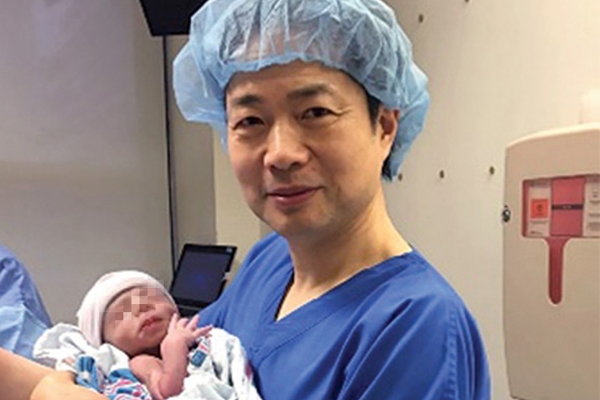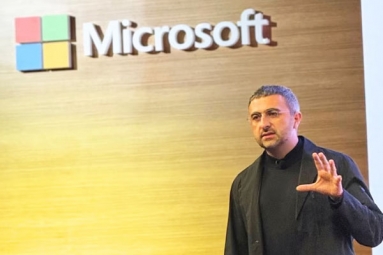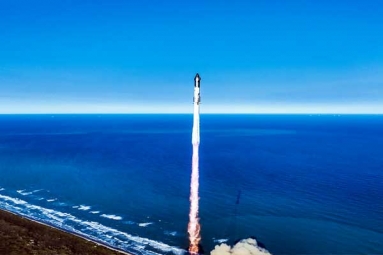
Technology has been developing day-by-day. Without science and technology the survival of humans can be worse, as the science and technology has made our lives completely easy. Now-a-days the technology has improved in such way, that it is able cure most of our inheritable diseases. Scientists have invented a new method to cure the inheritable disorders in children. The scientists have revealed that the procedure of a pioneering IVF technique which enabled the birth of world’s first three-parent baby in the last year, giving hope to the families with inheritable mitochondrial disorders.
In a study, which is published in the journal Reproductive BioMedicine Online (RBMO), the researchers describe that the procedure of mitochondrial replacement therapy (MRT) which helped in the birth of a healthy baby boy who was a carrier of the Leigh Syndrome, which is a progressive, fatal and genetic neurological disorder caused by the mutation in mother’s mitochondrial DNA.
The boy, who is born to a Jordanian couple, has the usual DNA from his parents and also a small amount of genetic code from a donor.
“Thirty years ago it was discovered that certain rare diseases are associated with abnormal, mutated mitochondria in human cells. Ten years after that initial discovery, egg microsurgery enabled IVF specialists to change the cytoplasm including mitochondria from patients who had failed IVF multiple times,” said Jacques Cohen, director of the ART Institute of Washington, Virginia.
Height of Mt. Everest to be measured again
Using the electrofusion technique, researchers have transferred the nuclear genome from the mother’s egg ( while leaving behind the mother’s most of the mitochondria) to the cytoplasm of the donor egg containing only healthy mitochondria.
This egg was then fertilised by the father’s sperm and also transferred to the mother’s womb and the baby boy was born at 37 weeks after an uneventful pregnancy.
The announcement of the birth of the first baby born using the MRT was met with mixed reactions in the media and also will continue to generate debate surrounding the technique throughout the world, paving the way for changes in the law and also regulation, noted the researchers.
Mrudula Duddempudi.







